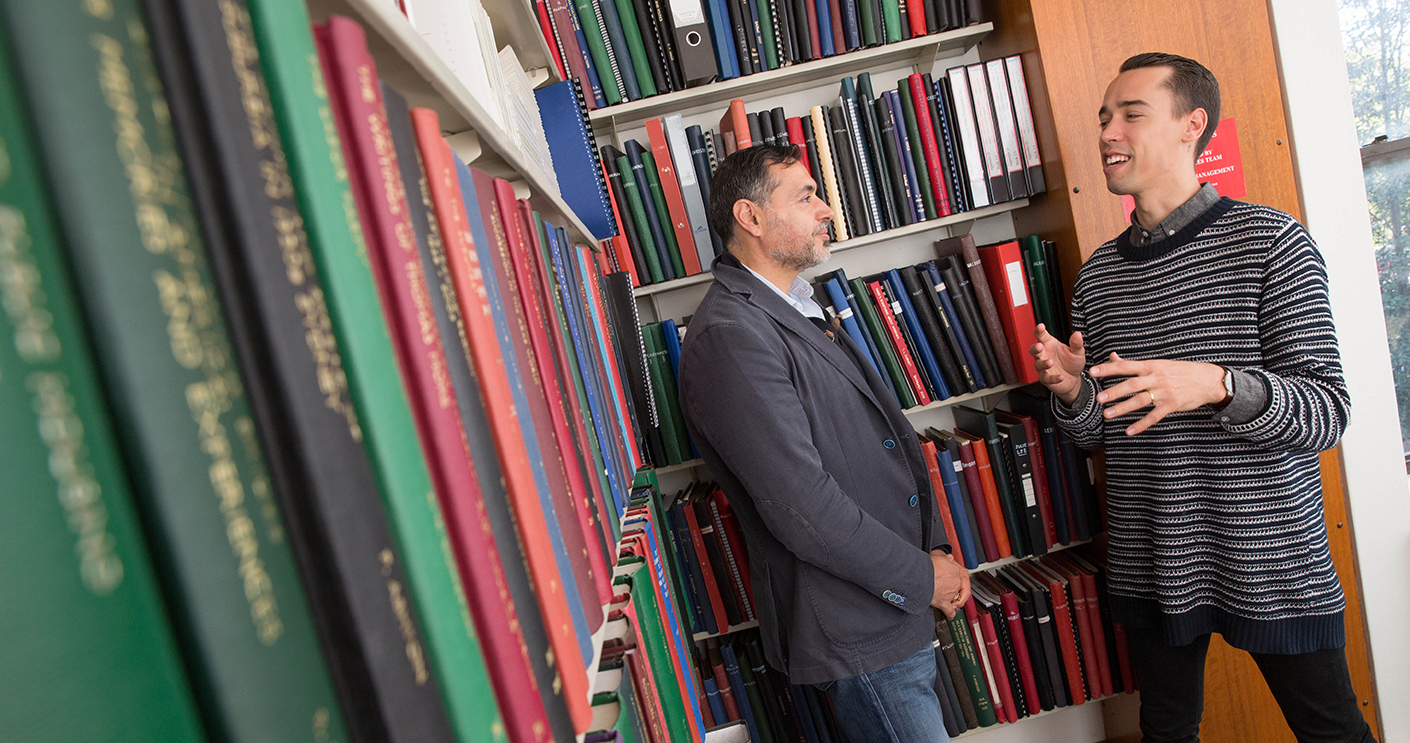With the new Academic Promotions Scheme now in consultation and set to roll out in April 2017, we caught up with Professor Sherman Young, Pro Vice-Chancellor (Learning and Teaching) to understand how this scheme will impact the future career development of our academic community.
Why did the University review the Academic Promotions Scheme?
The University’s promotion policy was fairly traditional, and we felt it didn’t properly reflect the reality of the 21st century academic who undertakes and excels in a range of activities in addition to teaching and research. We also received feedback that the process itself was time consuming and difficult, so we began a review to ensure we made changes that enable us to retain the best staff.
What were the goals in reviewing the scheme?
Ultimately, we kept three goals in mind when reviewing the scheme:
1. To have a strengths-based recognition and promotion scheme that is merit based and which acknowledges the diversity of academic work, providing varied career pathways and balance between the recognition of research as well as learning and teaching.
2. To have a fair and transparent promotions scheme where criteria are clear and applied consistently and transparently for all candidates.
3. To provide a better experience and less cumbersome process for candidates and members of the committee with a higher level involvement and accountability at faculty level.
What can academics expect with the new policy?
Most importantly, there is greater flexibility in what is required to achieve the standard for promotion. Existing criteria based around three areas (research, teaching and community engagement) have been replaced by new criteria based on Boyer’s four scholarships (discovery, integration, application and teaching) that give us a framing for modern academic work.
In addition, we’ve added criteria around leadership and citizenship that is designed to capture the demonstration of shared values and our capacity to work together and support each other toward institutional goals.
Have you received any initial feedback?
I’ve spoken to many people about the new policy, and feedback to date has been extremely positive. Some of my colleagues have suggested that this policy is a game-changer. I think they’re right about that! We have been consulting for several months now, and we are keen to get feedback from a broad representation of the academic community.
Who has worked on this and who has been consulted?
The review was led by Nicole Gower, Director, Human Resources, and a working group that included Professor Patrick McNeil, Executive Dean of the Faculty of Medicine and Health Sciences, Professor Lesley Hughes, Pro Vice-Chancellor (Research Integrity and Development), myself and Professor Mariella Herberstein, Chair of Academic Senate.
We have been consulting for several months now with individuals and groups around the University, including all members of the Executive Group and their direct reports, Academic Senate, academic staff in various faculties and departments across a range of levels, some Heads of Departments and Associate Deans, the Macquarie University Consultative Committee, unions and Human Resources.
How is this relevant to the Learning and Teaching strategy that you lead?
A key objective of the L&T Strategy is to foster a culture that supports excellence – one in which people’s aspirations are connected to appropriate recognition and reward. The new policy is central to ensuring that all the hard work that staff put into developing and delivering their teaching is properly recognised and rewarded, and hopefully is just the start of a continuing conversation about how to further develop that recognition and reward.
Details of the new policy, procedure and criteria are available on the HR website. Staff can email feedback to Nicole Gower, who will then share it with the working group.


 Back to homepage
Back to homepage